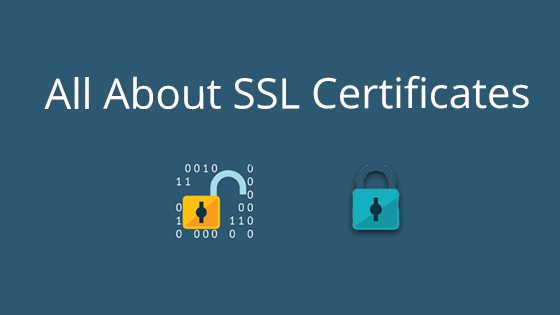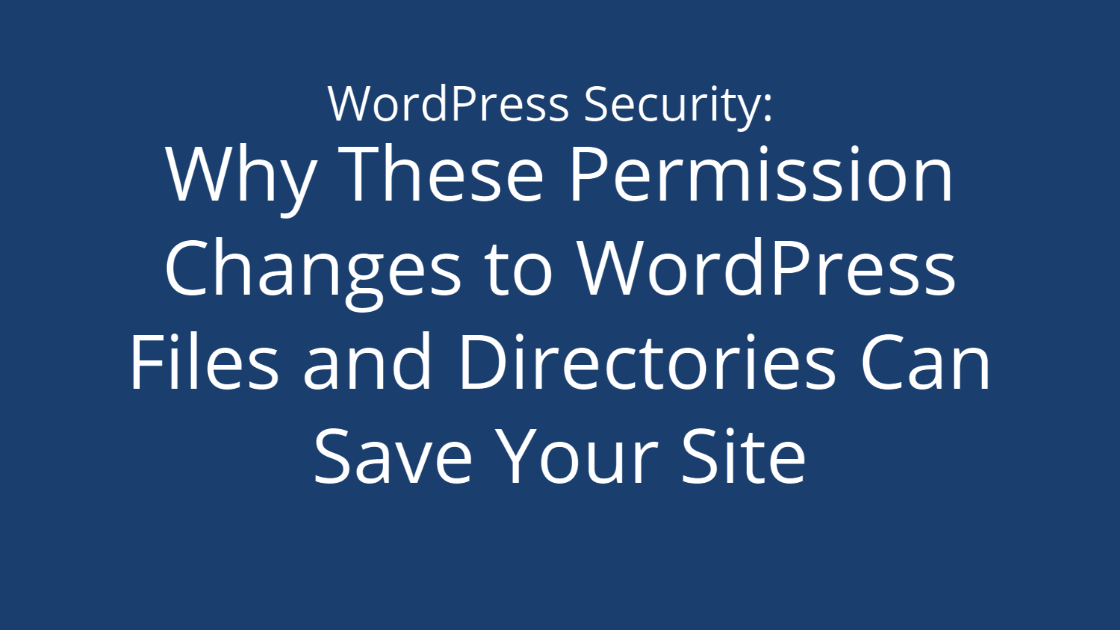What is An SSL Certificate?
At pair Networks, we are often asked, “what is an SSL Certificate and why do I need one?” An SSL, or Secure Socket Layer, Certificate encrypts information moving between your web server and internet browser. You can think of it like this –
Imagine you are back in high school (scary!) and you want to pass a note to your friend, Sam, who is seated on the other side of the classroom. Normally the other kids in the class will keep passing your note along until it reaches Sam.
But this day your teacher notices your note passing between the other students and grabs it before it can reach Sam. You are then made to read your embarrassing note about how Susie Q is kind of cute out loud to the entire class (ouch!).
How do you prevent this from happening? You put the note in a lockbox and give your friend Sam the key before class. While your message is passing between students to your friend, there is no way anyone (including your teacher) who intercepts the note will be able to read the information inside. An SSL Certificate works in much the same way, only it locks the information coming from your web browser and gives the web server the key.
Activating an SSL Certificate on your website can help your visitors have a safe and secure web environment. These certificates can play a vital role in protecting you and your customers’ sensitive information online.
Who should purchase SSL Certificates?
1. An SSL Certificate is absolutely necessary if your visitors are entering billing or other sensitive personal information through your site.
2. Sites with an active SSL Certificate also may receive more favorable rankings in Google’s sorting algorithms. If SEO is a high priority, you may want to consider purchasing an entry-level SSL Certificate for this purpose.
When you need to use a website to make a purchase or provide sensitive information, there are two big things to consider. First is your connection from your computer to the company’s computer. If you purchase an item, your name, billing, and shipping information are sent from one to the other. This
connection needs to be secure. Much like your “high school note” you do not want someone to intercept the message and obtain your sensitive billing information.
Activating an SSL Certificate has two effects on your site:
1. The HTTP address on your internet browser turns into HTTPS, as in https://www.yoursite.com. The S is for secure. A padlock icon will also appear on the browser if your site does not contain any insecure content.
2. New web browsers will also display color if the website is trustworthy. Organizations that depend on security, can also have their sites review and validated by licensed unbiased companies called certificate authorities. These rigorous reviews ensure the website is trustworthy and using a secure connection. The site is then issued an EVSSL certificate [link here]. Only sites with these certificates display color in address bar – including the company name, along with the address.
This review process means criminals shouldn’t be able to obtain the certificate that’s required to display the colorful information. So when customers see a site with green information n the address bar; they can browse with more confidence.
If you’re worried that a site may be insecure, look for the there signs of an SSL certificate:
1. The S in the HTTP(s) address
2. The padlock on the browser
If you’re worried that a site might be a phishing scam, look for the green color in the address bar!
Although these signs help show whether a site is secure, it’s still important to exercise caution and watch out for fraudulent certificates and other scams.




